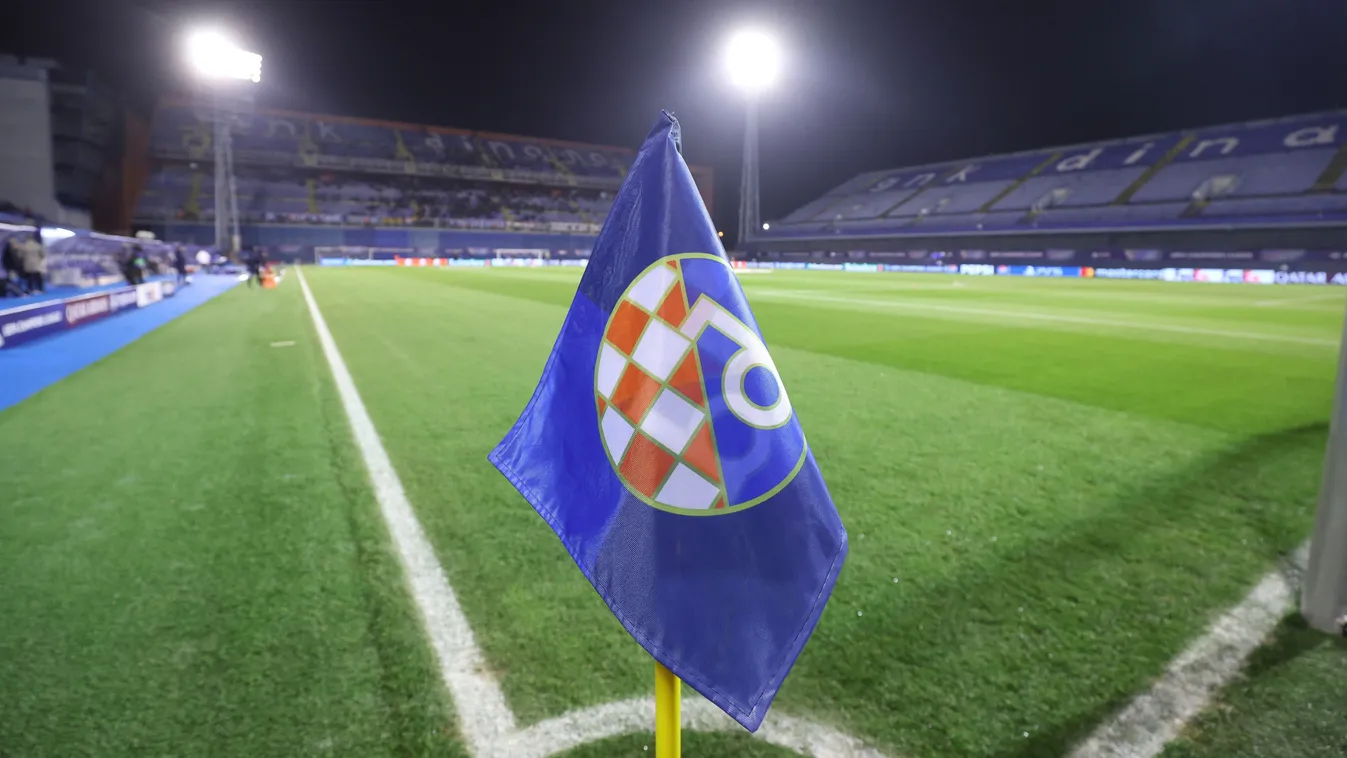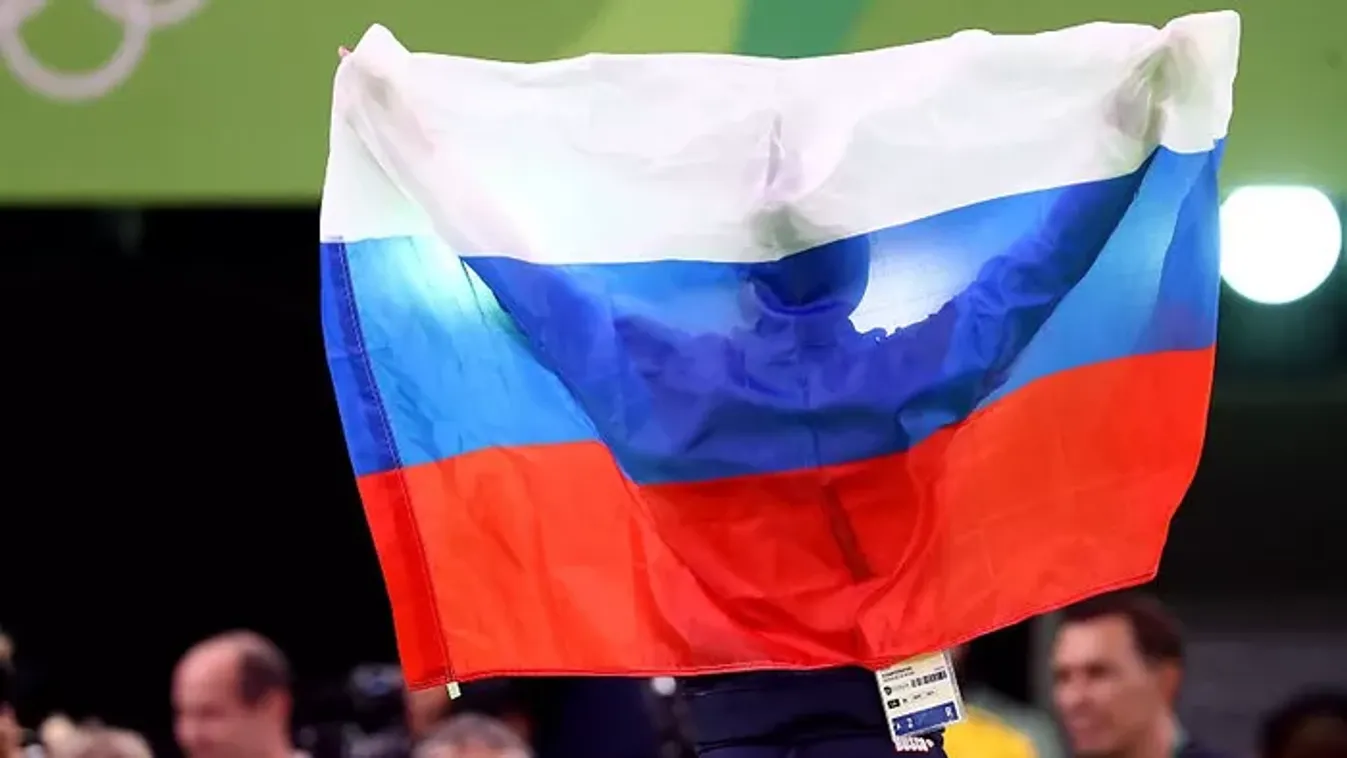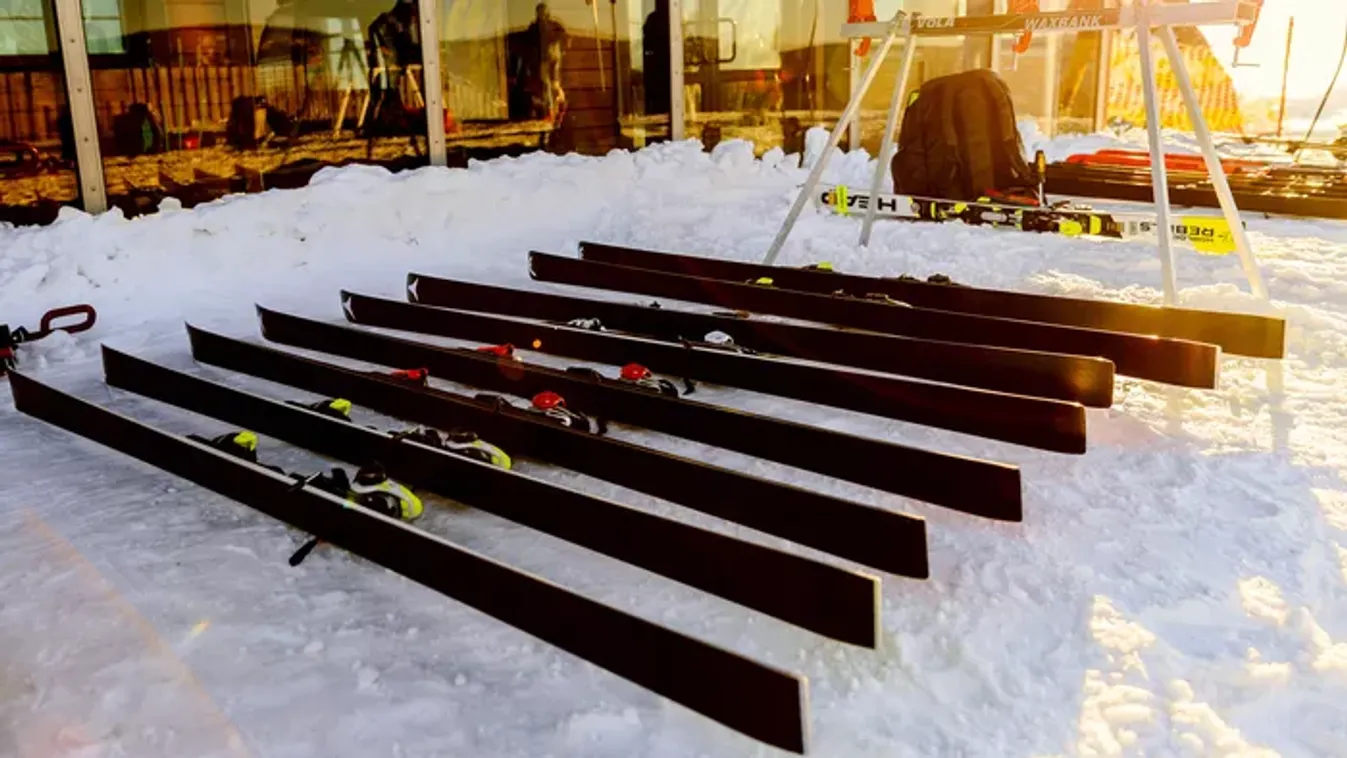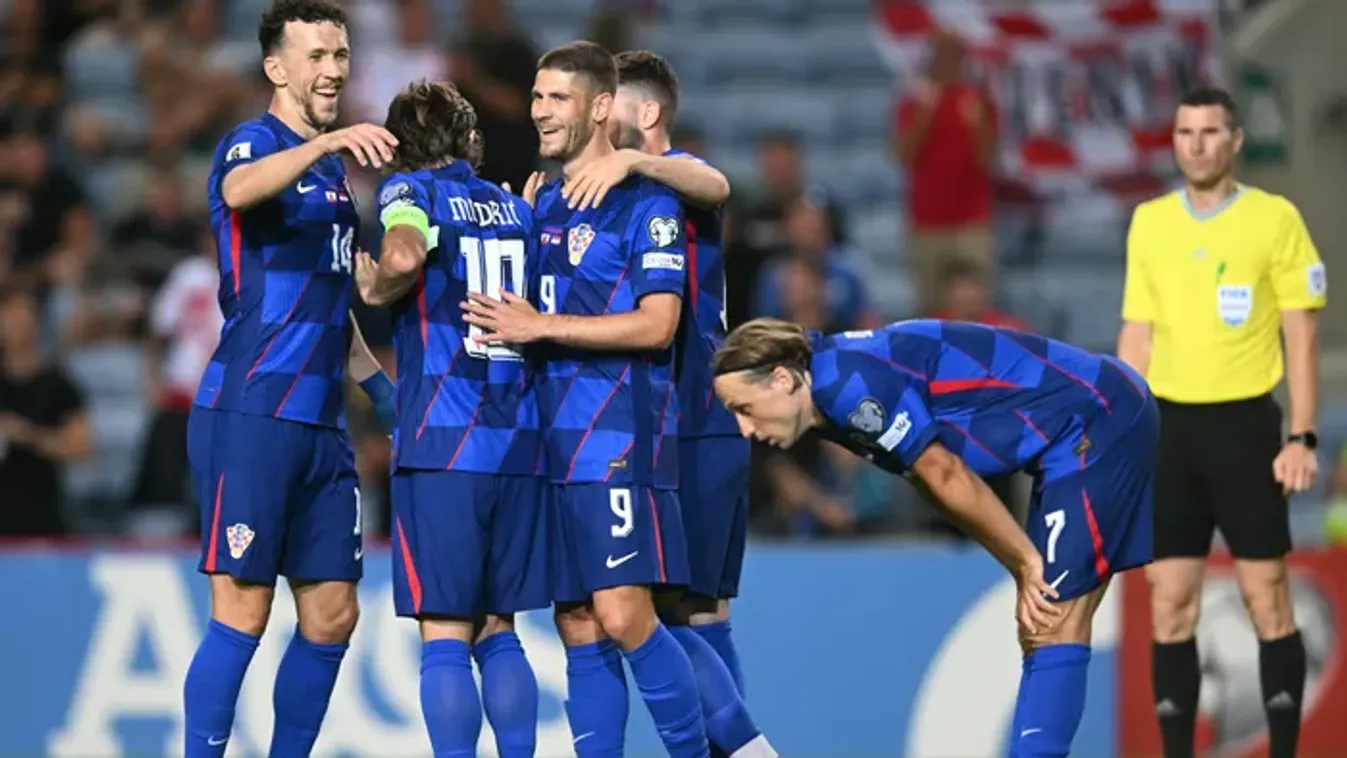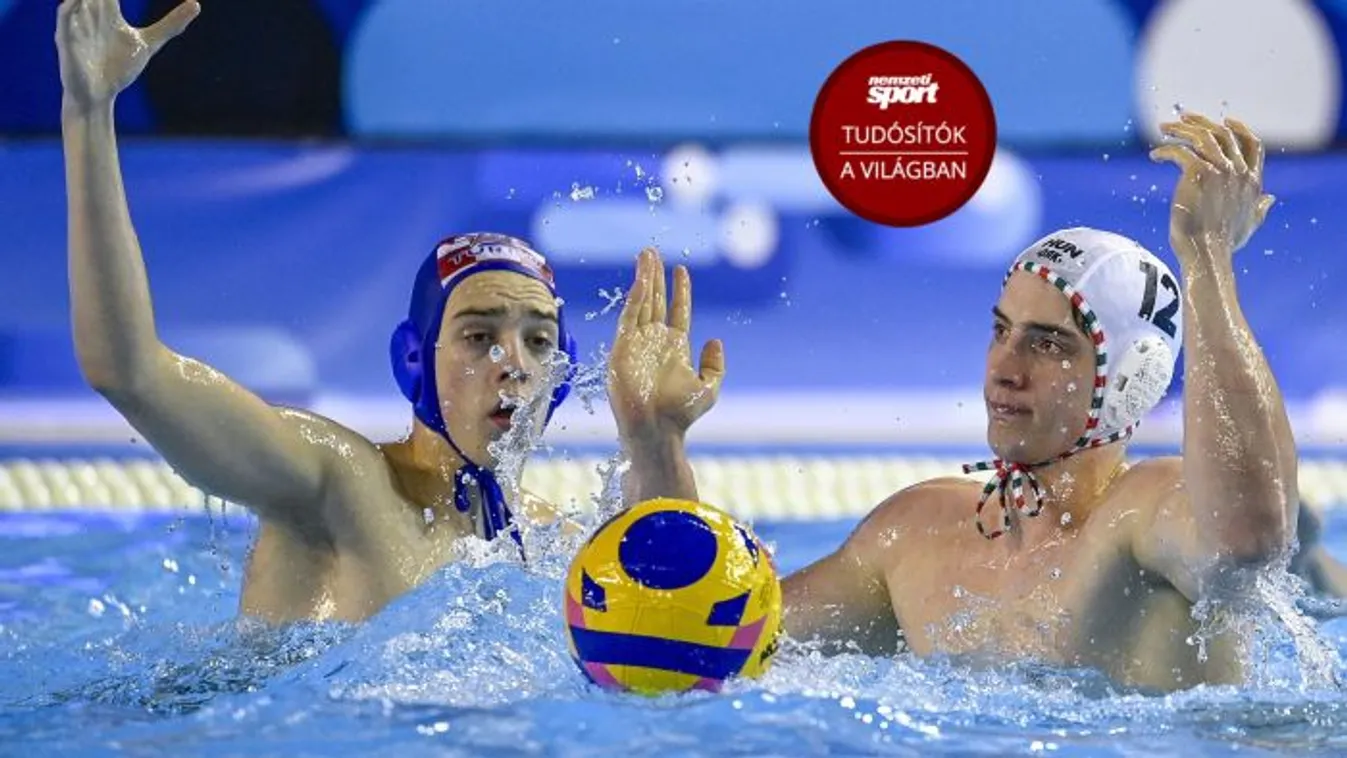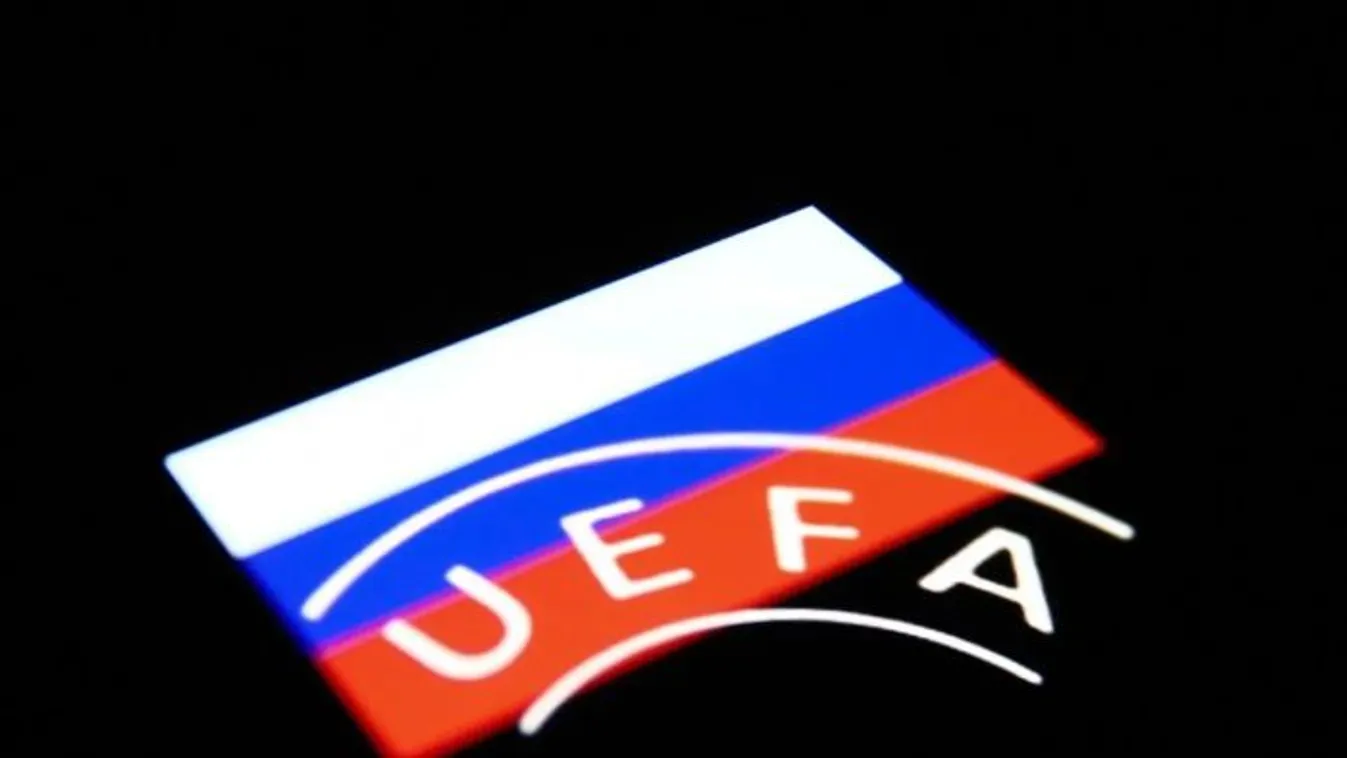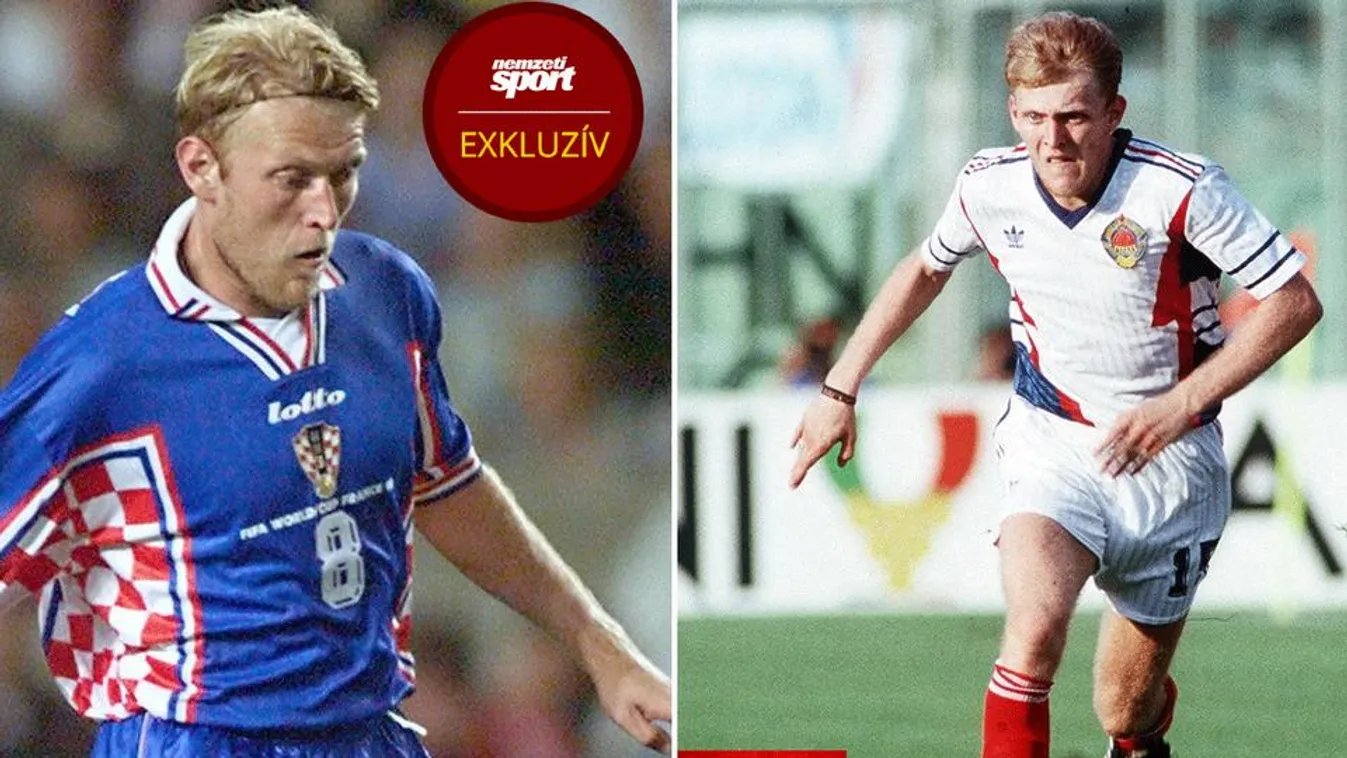
While the weapons are popping in neighboring Ukraine, let us not forget that about three decades ago, the Yugoslavian Wars were even closer, from a military point of view - From Szeged or Pécs, people could hear the cannons and hear the shells of the cannons in clear weather. In the escalation that lasted for years, Yugoslavian sport, including the two most popular and successful ball games, football and basketball, fell apart to then revive itself in the former member republics that became independent. In addition, the Yugoslavian experts who arrived and found their home in Hungary as refugees put Hungarian basketball on an upward path. Our compilation is about this process, hoping that Ukrainian and Russian sport will not be as involved in the current war as it was in the Yugoslavian.
| Born: January 12, 1969; Schwenningen (West Germany) Nationality: Croatia Sport: football Position: midfielder Yugoslavian caps/goals (1989–1991): 15/4 Croatian caps/goals (1994–2002): 49/10 Clubs as a player: Stuttgarter Kickers (1974–1979), Dinamo Zagreb (1979–1987; 1997– 2000), Crvena zvezda (1987– 1991), Real Madrid (1991– 1995), Oviedo (1994–1995, on loan), FC Barcelona (1995 –1996), Sevilla (1996–1997), Hrvatski dragovoljac (2000), Standard Liege (2000–2001), Portsmouth (2001–2002), Olimpija Ljubljana (2002 – 2003), NK Zagreb (2003– 2004), Savski Marof (2005) Clubs as a head coach: Crvena zvezda (2010– 2012), Kayserispor (2012–2014; 2019 – 2020), Azerbaijan (2014 –2017), Bosnia and Herzegovina (2018–2019), Denizlispor (2020) Achievements as a player: World Cup bronze medalist (1998), European Champion Clubs' Cup winner (1990-1991), 3-time Yugoslavian champion (1988, 1990, 1991), 3-time Croatian champion (1998, 1999, 2000), Yugoslavian Cup winner (1990), Copa del Rey winner (1993), Croatian Cup winner (1998), Slovenian Cup winner (2003), Spanish Super Cup winner (1993) Achievements as a head coach: Serbian Cup winner (2011-2012 |
– There is a bloody war going on in Ukraine, Russian tanks and armored personnel are marching in the country. Unfortunately, the lives of athletes are once again a topic in the shadow of bloodshed. What do you remember about the Yugoslavia Wars?
– I don't like to talk about it to this day – said Robert Prosinečki, 53, former Yugoslavian national team, later 49-time Croatian national team midfielder who began working as a coach at the end of his professional career. – During the Yugoslavian Wars, I was playing for Real Madrid, and I went through hellish years. I don't wish anyone to experience what it's like to worry all the time.
– Did your family stay in Yugoslavia?
– My parents later moved to Spain, but many of my family and friends stayed there.
– As a member of the national team, how did you feel when you missed the European Championships in Sweden because of political reasons?
– We all knew we had a strong team. With the Yugoslavian team, we could defeat anyone, so it wasn't a coincidence that we finished at the top in our qualifying group. Should I list the names? Dejan Savićević, Davor Šuker, Zvonimir Boban, Robert Jarni, Darko Pančev, Mehmed Baždarević or Vladimir Jugović... It's not a bad roster, is it? Ironically, Denmark, that jumped into our place, won the tournament.
– Could the Yugoslavian national team have had the chance to win the gold medal?
– There's no question about it. We could've, but life happened.
– As an athlete, how did you experience being banned? Do you remember the moment you found out you were going to miss the tournament?
– I don't quite remember the moment, but I'm sure that, at the time, we were much more concerned with the war, what was going on with our families than who we could win against on the football field. Of course, it was a lousy feeling to know that we couldn't be at the European Championship, but as young people, we thought we would still have a chance to do something great. We then had to accept that we could no longer play side by side as members of the Yugoslavian national team. I'm sure I would be much more disturbed now by what happened back then: the inconvenience of our exclusion, the feeling when we found out that there was no longer a Yugoslavian national team.
– As a Croatian, are you still in contact with the Serbians? Or did you cut off all communication at the time?
– I played for Crvena zvezda at the beginning of my career, and I had many acquaintances in Belgrade, so this part didn't particularly bother me. In addition, my father is Croatian, and my mother is of Serbian origin.
– But you were born in West Germany.
– My parents took a job there. They lived in a small village in southern Germany, I was born there and started playing football there. Before we moved back home in 1979, I was already an official player of Stuttgarter Kickers. I was 10 years old when we packed and moved back to Yugoslavia where, for obvious reasons, I signed for Dinamo Zagreb.
– You have two daughters. Did you tell them about the war years later?
– They know history; Leonarda and Roberta are smart girls. But we never liked talking about the war, and I didn't force it on them either. It was a bad experience for those of us who lived through it... I will never forget the ruined buildings and bombed-out houses left behind after the gunfight. It was a terrible feeling walking among them.
– You are one of the few players who has played for both Real Madrid and FC Barcelona. Which club is closer to your heart?
– Real Madrid. I played football in Spain for eight years, I spent more time in Madrid, therefore, Real is closer to me. Not many people can say that they played football for both super teams, and I will be forever proud of that. To this day, they often contact me from Madrid and Barcelona, and I often travel to Spain with my family.
– You coached Denizlispor in Turkey last time. Don't you miss work?
– I left a year and a half ago, I've rested enough. I'm ready for new challenges. I know that there are many Croatian, Serbian, and Bosnian footballers in the Hungarian league, but my name has never come up here. I have offers, I could go back to Turkey, but I'm at home in Zagreb for now. We'll see what the future holds for me.
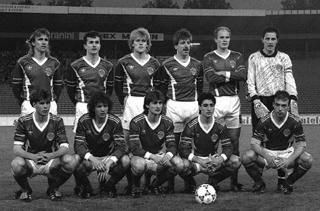
The brilliant team fell apart, but the South Slavic basketball could not be broken
Basketball was one of Yugoslavia's most successful team sports: between the foundation of the Socialist Federal Republic of Yugoslavia in 1963 and its dissolution in 1992, its men's team won 13 medals at the European Championship, 8 medals at the World Championship, and 5 medals at the Olympics! It was almost the only country to compete with the United States and the Soviet Union, which dominated the era. The team won five European Championships (1973, 1975, 1977, 1989, 1991), three World Championships (1970, 1978, 1990), and one Olympic Games (1980).
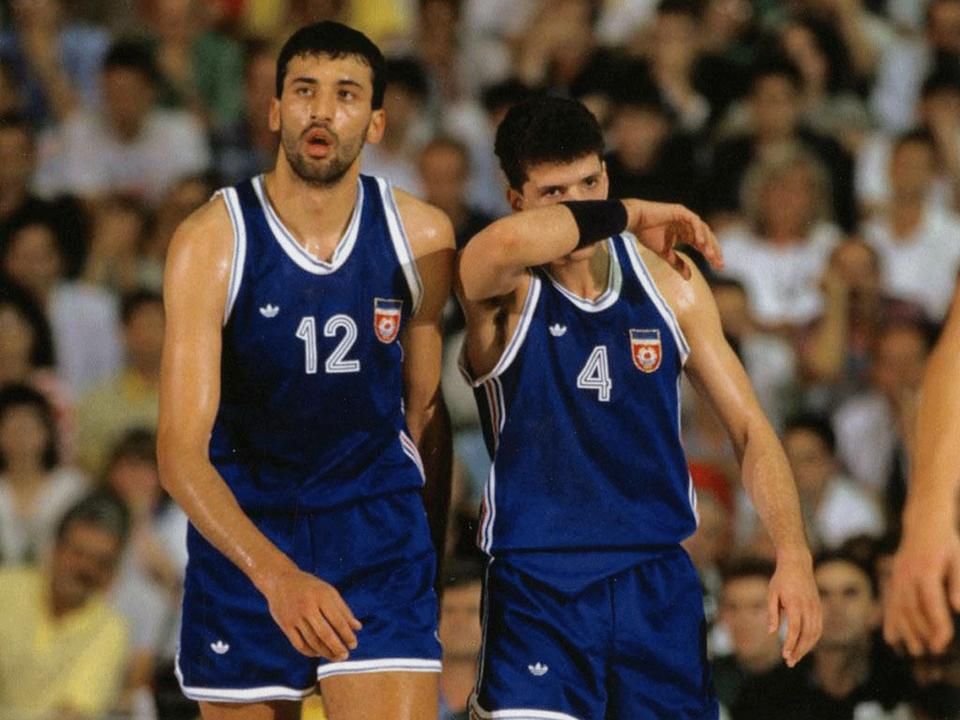
Probably its most talented generation grew up just when the beams of the Federal Republic were already crackling: on August 5, 1987, Yugoslavia won the FIBA U19 World Championship in Bormio, Italy, beating the United States 86-76 in the final. The most valuable player of the tournament was Toni Kukoć, the most successful player in the final with 21 points was Vlade Divac, and the team's coach was 38-year-old Svetislav Pešić. They're good-sounding names, aren't they?
Pešić's juniors, along with the slightly older Dražen Petrović, Žarko Paspalj, Željko Obradović, Jure Zdovc and Danko Cvjetićanin, won silver at the Seoul Olympics a year later. The following year, they won the European Championship in Zagreb, and in addition to MVP Petrović, Dino Rađa and Paspalj were also included in the dream five of the tournament. Another year later, at the 1990 World Championships in Argentina, the "Plavi" beat the Americans (99-90) in the semifinals, the Soviets (92-75) in the final, and they became gold medalists! We could think that the multi-ethnic yet unified ensemble, brought forward by the hunger for success, could not be stopped by anyone, but a moment that might not have been apparent at other times was in focus. In the midst of the celebration after the final in Buenos Aires, a fan ran onto the court waving a Croatian flag, which the Serbian center Divac took and threw away... "I didn't want to create a national conflict, I just wanted to express that the victory was achieved by the unified Yugoslavian national team," Divac later explained. Upon returning home, the Serbian press turned him into a national hero, and the Croatian an archenemy. The team spirit was also lost – although Yugoslavia won the European Championship in Rome the following year, it was its last appearance as a united country. Another year later, Petrović, Kukoć, Rađa, Cvjetićanin, and the others reached the final with Croatia against the American Dream Team at the Barcelona Olympics. The team of the Federal Republic of Yugoslavia, which was then only made up of Serbia and Montenegro, was banned after qualifying.
The members of the national team, which had an incredible future ahead and was already a world-beater, no longer played together. Its biggest stars also had bright careers in the NBA: the previously inseparable two friends, Divac and Petrović, both signed overseas in 1989 (the Serbian center to the Los Angeles Lakers and the Croatian shooting guard to the Portland Trail Blazers). Initially, they called each other daily, but after the war, their relationship deteriorated. They never made up, and by the time Kukoć, the third star of the generation, was in the NBA (he won three titles with the Chicago Bulls), Petrović was no longer alive – the greatest European basketball player of all time died on June 7, 1993, in a tragic car accident at the age of 28.
As for the achievements after the glorious era: during the war, south Slavic basketball sank, could not be broken. The Yugoslavians returned to the international stage in 1996 with Divac, Paspalj, Dejan Bodiroga, and Milenko Topić (who coached Szeged and DEAC), and they won Olympic silver in Atlanta, then became World champions again in 1998 and 2002 (as successors, they won five World Championships just like the United States). Then, after Montenegro's secession in 2006, Serbia won the World Championship in 2014 and won an Olympic silver medal in 2016). Slovenia's greatest sporting success in its independent history is becoming European champions in 2017 beating Serbia in the final. Four of the seven former Yugoslavian states participated in that European Championship.(A. N.)
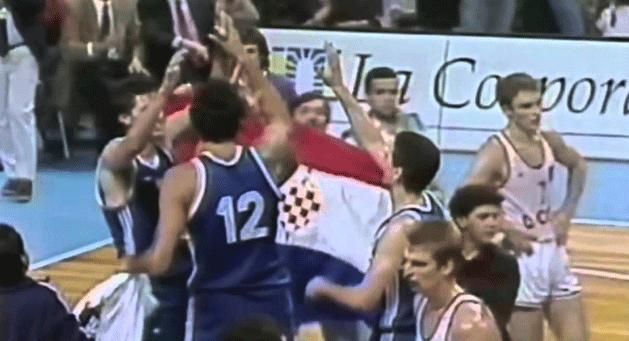
| Due to the efforts of the six member republics of the Socialist Federal Republic of Yugoslavia to become independent, during the Yugoslav Wars, which broke out after the declaration of independence of Slovenia and Croatia on June 25, 1991, many athletes fled to neighboring Hungary. Of the team sports, probably Hungarian basketball won the most with the well-trained players who came here, who later settled down in the country and became the greatest among coaches. Today, their children are playing in Hungarian clubs and national teams. Branislav Dzunić (left) was born in Bar, Montenegro to a Montenegrin mother and Serbian father. He signed for Croatian club Jugoplastika Spilt from Bosnia and Herzegovina's Čelik Zenica and was due to start the season in September 1991, but the war reached Croatia in August... As a pis aller, he chose second-tier club Kosovo Polje and then fled to Hungary with his Croatian wife, Zora. "We weren't really refugees, but we felt like we were. We planned to stay for two years, then we'd go home. But the situation became more and more serious and complicated, and when the war ended in 1995-96, we no longer wanted to go home," Dzunić said in a 2017 interview with Nemzeti Sport. "Nikola Lazić and I came to Hungary together, we played in the same team for a long time, but I played basketball with Stojan Ivković, Dragoljub Krivaćević, and Srećko Sekulović. Zorán Kmézics was also my coach, as was Sándor Földi or Stevan Tot from Vojvodina." Dzunić was granted citizenship eight years after settling in 1993 and made his debut for the Hungarian national team at the age of 38. He played for ZTE, Falco, Kaposvár; a champion with Kaposvár in 2004, a two-time Hungarian Cup winner (ZTE, 1996; Kaposvár, 2004). He is the most successful Hungarian coach of the past decade. He is a three-time champion (Atomerőmű, 2009; Fehérvár, 2013, 2017), two-time Hungarian Cup winner (Alba Fehérvár, 2013, 2017), and was also the head coach of the Hungarian men's national team (2010-2011). Similarly, the current head coach of the men's Hungarian national team, Stojan Ivković, had a great career with us. "Both my mother and father are from Herzegovina, and one is Catholic, the other is Orthodox. They come from both sides, my mom is Croatian, and my dad is of Serbian origin. I was born in Dubrovnik, but I was two years old when we moved to Kotor in Montenegro," Ivković recalled in a character study written about him in 2017. From Kotor, he joined the Rabotnički Skopje in Macedonia, then Spartak in Subotica, and after the war broke out, it was easiest to come from Subotica to Hungary. He signed for Szolnok in 1992, then Debrecen, Szolnok again, Sopron, Szolnok once again, Kaposvár, and then Pécs followed. He already won silver and bronze medals in Szolnok, but he became a champion (2001, 2004) and a cup winner (2004) in Kaposvár. He worked as a coach in Pécs (cup winner, 2009), Kecskemét, Szolnok (champion, 2016), was the assistant coach of the Montenegrin national team, and has been the head coach of the Hungarian national team since 2013 after his first term in 2007-2008. His team reached the round of 16 at the 2017 Europeans and qualified for the 2021 European Championship (which got postponed to September 2022 due to the pandemic). He was awarded the title of master coach in 2020. But Srećko Sekulović has also proven several times that he is an excellent professional (he won with Falco in 2008, finished 2nd in 2017 and 2018, and was 3rd with Szeged in 2021). Not to mention Zorán Kmézics (Szolnok, 1991), who won the championship as a player, who made a lasting impression as a coach in Szolnok (league 2nd, 2000) then in Kaposvár (champion and cup winner, 2004). He led the Hungarian national team at the 2011 Universiade. (A. N.) |
Translated by Vanda Orosz
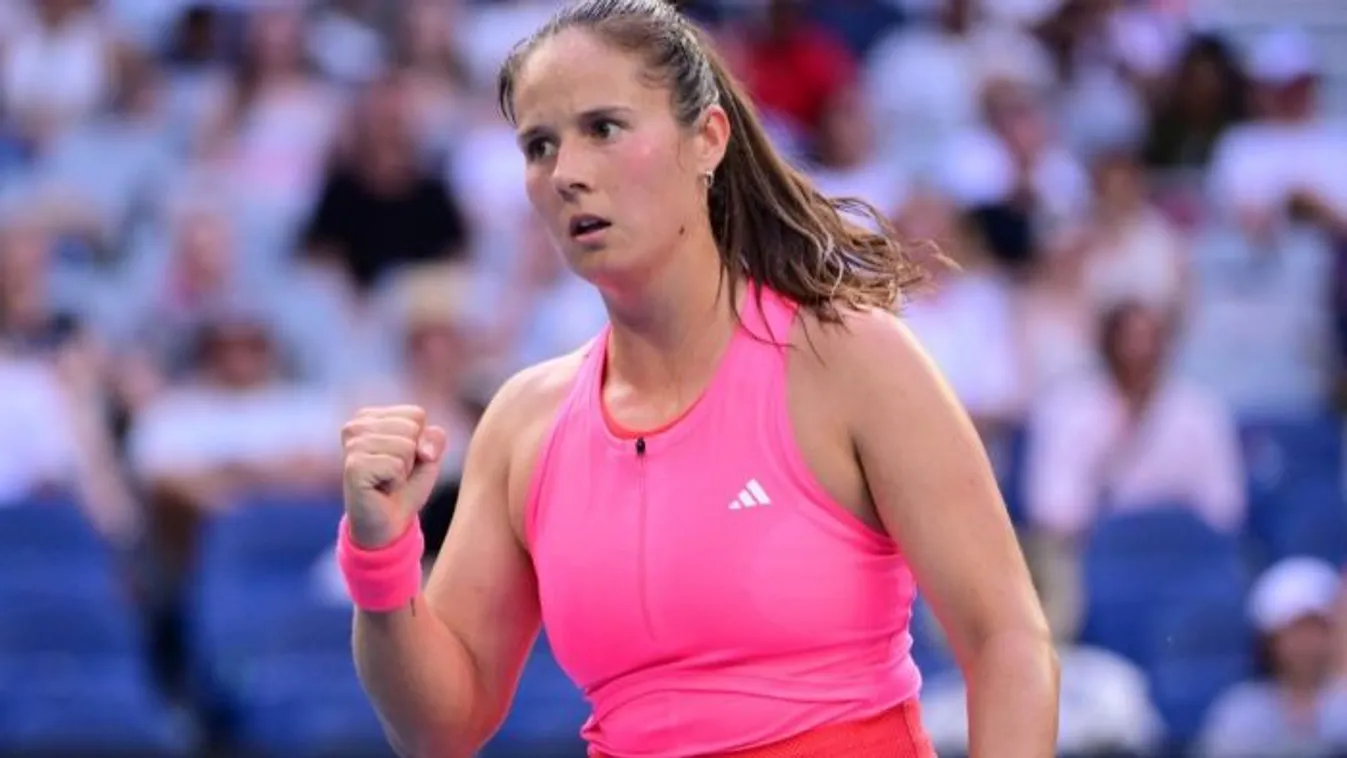
Darja Kaszatkina ausztrál színekben teniszezik tovább
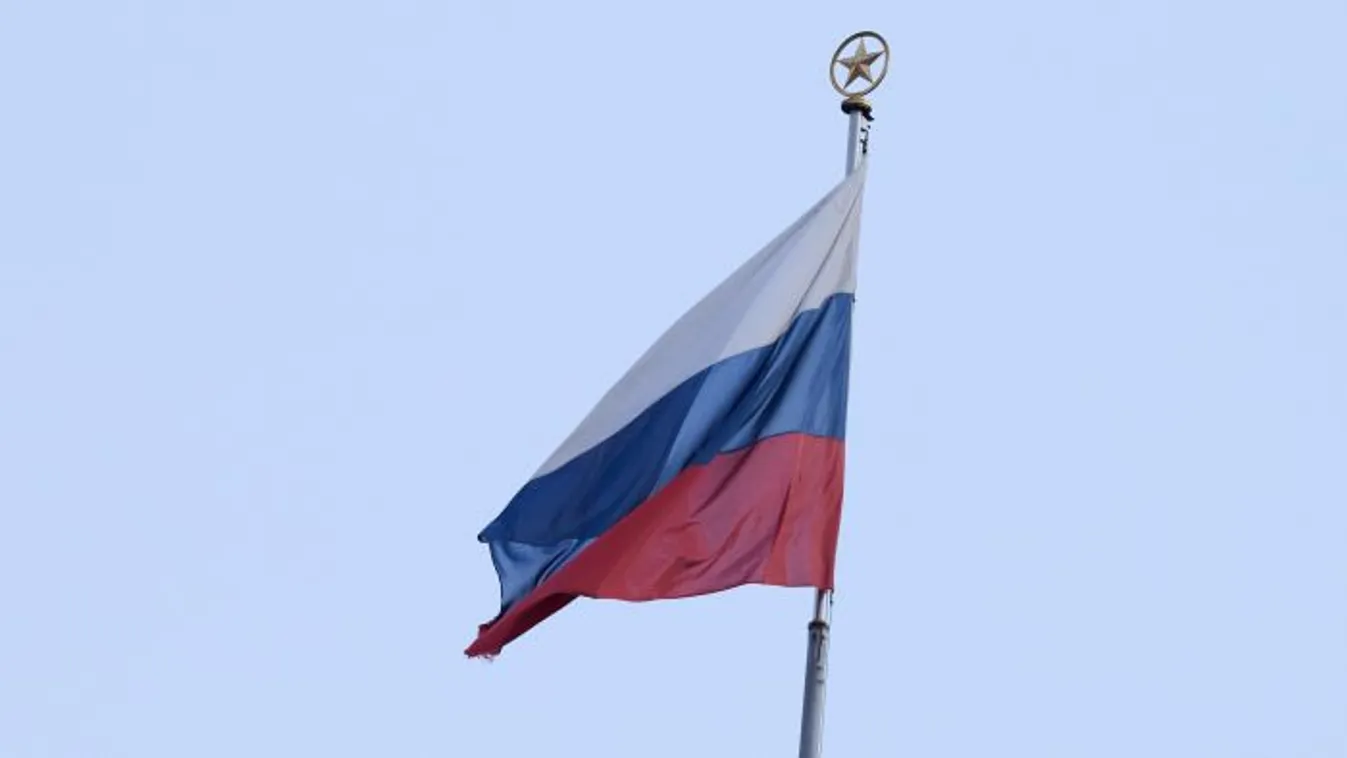
Zöld lámpa az oroszoknak a kajak-kenu szlalom szakágában
